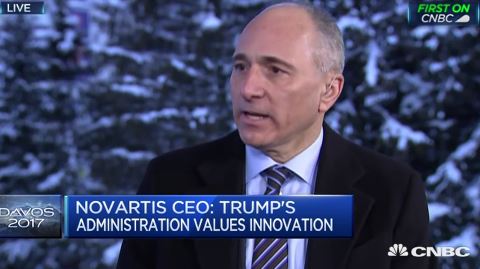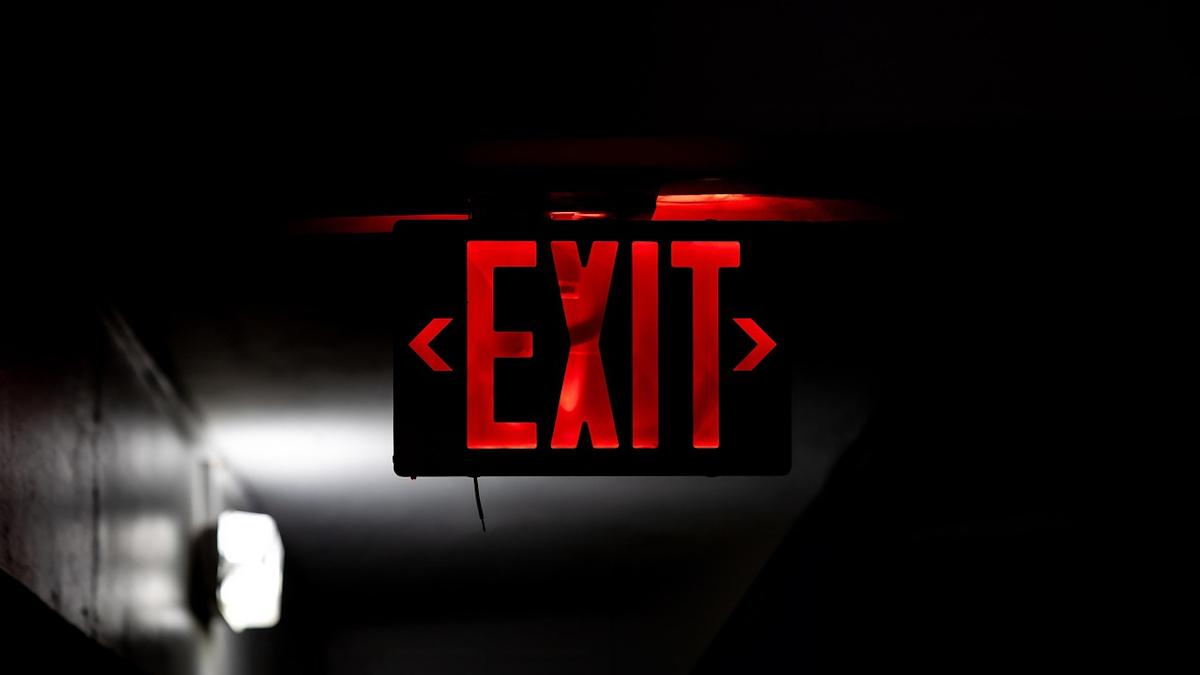Don't cut prices, cut taxes, pharma CEO tells Trump

Pharma chiefs have urged Donald Trump not to attack pharma on drug prices when he takes over at the White House, saying it could stifle R&D.
The leaders are meeting at this year’s Davos World Economic Forum in Switzerland, which brings together leaders from the business, political and intellectual worlds to discuss global issues.
Due to be sworn in as president on Friday, Trump has become pharma 's number one concern, after threatening to take on pharma over drug prices in the US.
Still by far the world’s biggest pharma market, the US has free pricing, unlike Europe where national bodies often chip away at drug prices, or reject drugs altogether on cost grounds.
Individual health insurers do extract discounts from pharma, but Trump’s pledge to create more “bidding” on drug prices in the US has everyone in the sector rattled.
State-run Medicare, the biggest purchaser of drugs and health services in the country, is prevented by law from trying to bargain with pharma companies over prices.
Speaking at Davos, Pfizer CEO Ian Read said high drug prices could eventually bring down total healthcare costs in the longer term.
"We need to pay more for medicine so we can develop more good medicine, so we can drive, through competition, lower costs," he told the conference.
In an interview with CNBC, Novartis chief executive, Joe Jimenez pointing out that at 10-15% of total healthcare expense, drug spending is a “small piece of that total pie”.
When asked if he was concerned about Trump’s attack on drug prices, Jimenez said: “Well, I think that's something to watch, but I also hear from the president-elect, and the new administration, that they value innovation.”
Jimenez pointed out that pharma spends $70 billion on R&D in the US, and accounts for about 4.5 million jobs.
“This president-elect is all about creating jobs in the US, and I think this is a place where we can build and grow,” said Jimenez.
Jimenez also said that Trump’s plan to repeal the Affordable Care Act – President Obama’s flagship policy to increase health insurance coverage – will also create uncertainty.
He called on Trump to make the US more pharma-friendly by lowering tax rates. Companies such as Pfizer have attempted “tax inversion” mergers to avoid high US tax rates, but a US government crackdown put an end to Pfizer’s $160 bn merger with Allergan last year, which would have been the largest such deal in history.
“With the US the highest corporate tax rates among any country in the world, the US doesn't rank high in terms of where companies have historically wanted to invest new, for example, new manufacturing sites. But if the president-elect is able to take corporate taxes down, I think you're going to see a new wave in the US,” said Jimenez.












